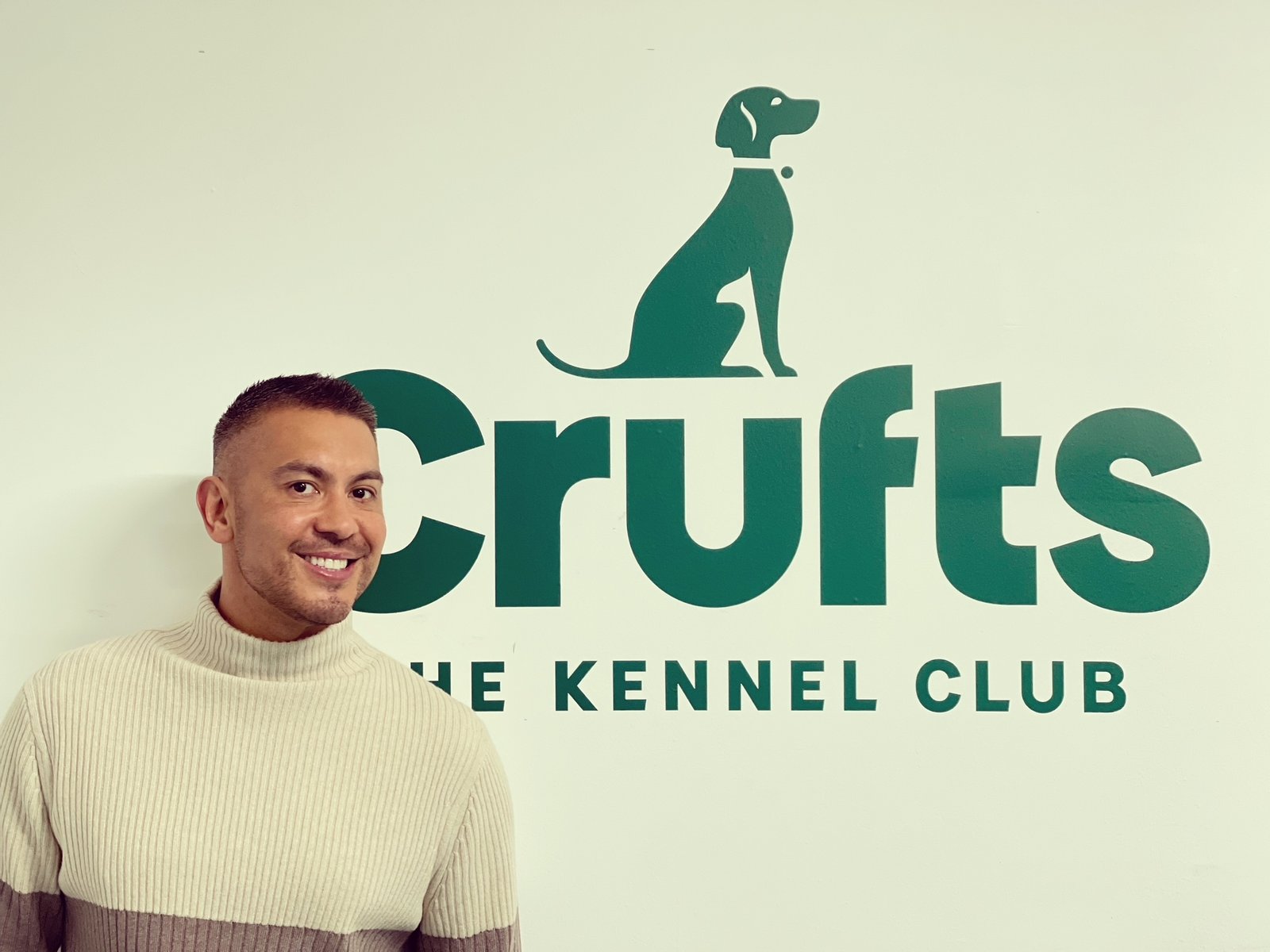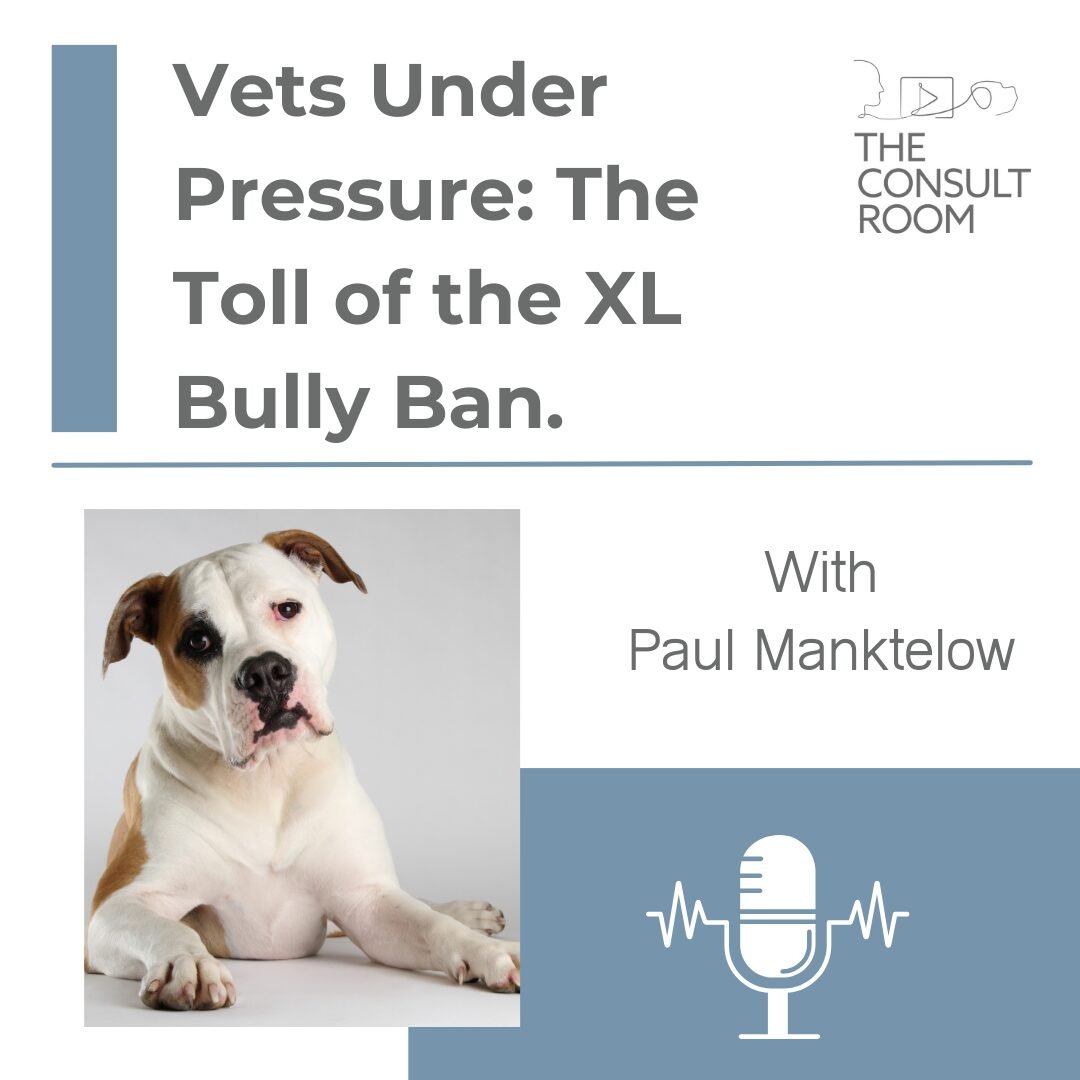| Going vegan is the fastest growing lifestyle trend in the human world and there is mounting evidence that plant-based diets are healthier for us and better for the planet.
It’s therefore unsurprising that dog owners are exploring meat-free options but I wanted to dig a bit deeper into the rise of vegan dog diets to understand the evidence behind them and to see if it stacks up against years of traditional meat based foods. In a recent episode of The Consult Room podcast I interviewed Dr Guy Sandelowsky who is the chief vet and co-founder of OMNI, the plant-powered pet food business which despite only going to market 1 year ago, has already sold over 100,000 vegan meals to dogs in the UK. Guy recalls his first visit to a pet food manufacturing plant where he was pointed to a vat of pink goop and told ‘there’s the turkey’. This left Guy questioning what our own health would be like if we ate a substance like that everyday which in turn led him to think about the health of our pets that rely on us to meet their nutritional needs. Guy began researching nutrition and he concluded that there is no evidence to suggest that dogs actually need meat, they just need protein which can come from a variety of different sources. Furthermore, many of the newer and emerging protein sources can be produced in a much more sustainable way meaning that they are better for the planet as well as potentially better for your dogs. In his opinion, plant protein stood out on top! One of the biggest and most significant benefits to plant based pet foods, is that they are extremely eco-friendly and sustainable. Independent analysis of sustainability of Omni production showed that there is a saving of 90% in CO2 emissions when compared to production of meat based food. As a staggering comparison, if you were to feed your dog a meat based diet it is the equivalent in C02 production of owning a land cruiser SUV! What is important is that dogs are provided with the right balance of essential amino acids and with Omni, six protein sources are used including pea protein, lentil, micro algae and soya. This combination of protein sources provides the exact same protein composition as meat. Interestingly the University of Nottingham conducted a study that analysed a number of commercial dog meat based diets which showed that they don’t actually meet current industry standards. Many of these foods are very high in fat in order to improve palatability and also tend to contain ingredients which are unrecognisable on the label, something which is becoming less appealing to the modern pet owner. Recently there has been some more exciting research coming out of the University of Winchester which suggests that dogs fed on a plant based diet could have the least health problems. Interestingly raw fed diets came out in second place, which are the polar opposite of vegan diets. As with anything that challenges convention there has been debate, with many in the veterinary profession questioning some of the research that is emerging. Despite this debate I would personally challenge the status quo in light of the fact that there are so many diseases related to poor nutrition. These questions are welcomed by the creators of Omni who have learned through multiple discussions that there are many different ways to feed your dog that ensure good health. Guy feels that what is needed is a long term modelling of all dog diets to see what those long term health outcomes are. So is it just vegan owners who feed their dogs vegan diets? Well Guy says half of Omni customers aren’t actually fully vegan themselves, however they are choosing a vegan dog diet for the health benefits and for the positive impacts on the environment. Pets consume 20% of the planet’s meat and we know that modern meat production has a devastating impact on the environment. Any steps taken to reduce this consumption, even small steps can have a big impact. Whilst vegan diets for dogs are relatively new, the emerging research looks promising. This is definitely an area that I’ll be keeping a close eye on. You can listen to this great conversation on The Consult Room by clicking here: Dr Paul Manktelow is a vet who’s worked for almost 20 years on the front line in some of the UK’s busiest veterinary hospitals. As Chief Vet in the charity sector, he leads a team of vets and nurses that treat tens of thousands of pets every year. Paul also appears regularly in the media as a TV and radio presenter, writer, public speaker and podcast producer.
|






Leave A Comment